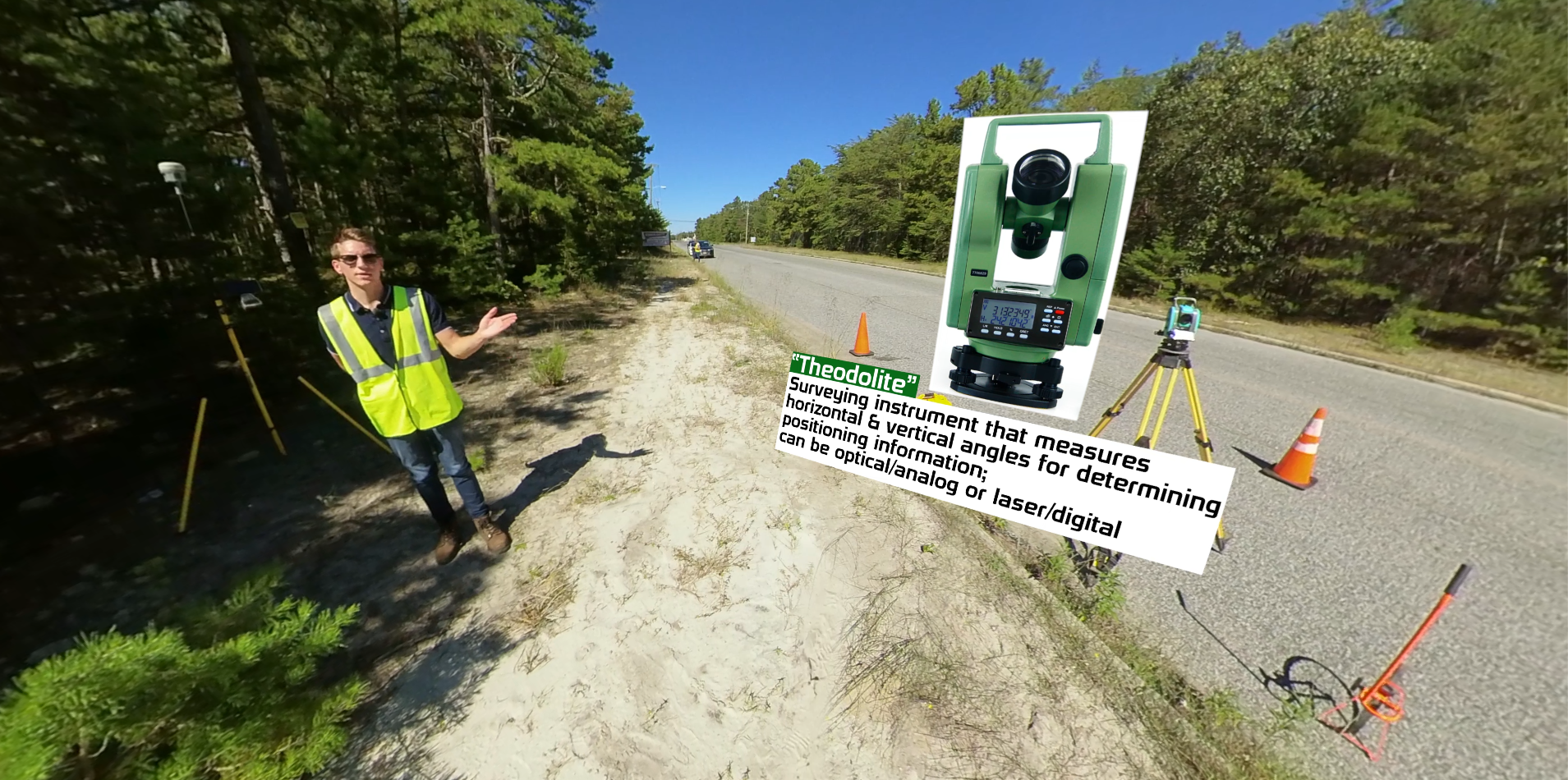Videos to help high schoolers learn about STEM careers earn national Telly Awards
Videos to help high schoolers learn about STEM careers earn national Telly Awards

Two videos produced at Rowan University to introduce rural high school students to STEM careers have won national Telly Awards.
The virtual reality 360-degree videos, produced for STEM-VRCE (STEM Through Virtual Reality Career Exploration), a research project funded through a $496,963 grant from the National Science Foundation, won three Telly Awards. Established in 1979, Telly Awards honor excellence in television and video for all screens and viewing modes, broadcast and non-broadcast, including 360/VR, AR, web and mixed media.
Telly Awards are judged by members of the Telly Awards Judging Council, a group of more than 200 working industry professionals who themselves are previous Telly recipients.
Produced and directed by Radio/Television/Film Professor Christopher Winkler, the videos work to expose high school students, specifically those in minority and rural populations, to STEM-related careers through live-action, 360-degree virtual reality presentation.
Through the use of immersive media, students get a glimpse of in-demand career paths and opportunities in STEM fields.
One of the videos, “GIS Career 360/VR Experience” won two bronze Telly Awards in the following areas: immersive and mixed reality education and training and immersive and mixed reality use of 360. The video allows viewers to explore the field of Geographic Information Systems alongside field technicians from American Water using a litany of technological devices to inspect water system infrastructures, both above and below ground.
That video also won an Award of Excellence in the Broadcast Education Association Festival of Media Arts Faculty Interactive Multimedia Competition earlier this year.
A second STEM-VRCE video, “Surveying & Mapping Career 360/VR Experience,” won a silver Telly Award in the immersive and mixed reality education and training category. The video takes the viewer through the life cycle of a hypothetical project in which project engineers and surveying technicians from Bridgeton’s Fralinger Engineering take accurate measurements for creating site and building construction plans to address the needs of their clients.
The STEM VRCE grant project team includes College of Education Professors Sarah Ferguson and Kara Ieva, Winkler from the Ric Edelman College of Communication & Creative Arts, and College of Education graduate research assistant Kimelle Ash. Ferguson, Ieva and Winkler are co-principal investigators of the grant.
Currently, the videos are in active use by STEM VRCE partner high schools, which include Delsea High School and Cumberland and Northern Burlington County regional high schools. The videos will be available for open public viewing when the research project concludes next year.
About STEM VRCE
Students are learning about STEM careers through the six-minute VR videos, which feature professionals from underrepresented groups who work as survey mapping technicians, geological technicians, quality control analysts and environmental engineering technicians, among other careers.
Researchers worked with school counselors from Delsea, Cumberland and NBC to incorporate the videos into career development modules for 11th grade students.
The goal of the project is to study the efficacy of VR videos and career exploration modules in increasing student knowledge of the careers, increasing student career decision-making self-efficacy, and developing clear outcome expectations related to the focus careers.
The videos, in effect, provide an “immersive field trip” of sorts, giving high school students the chance to get guided, 360-degree, live-action tours of STEM technicians at work, according to Winkler.
The careers highlighted in the study are often overlooked by students considering career options, but are high need and growing in the South Jersey region, according to Ferguson.